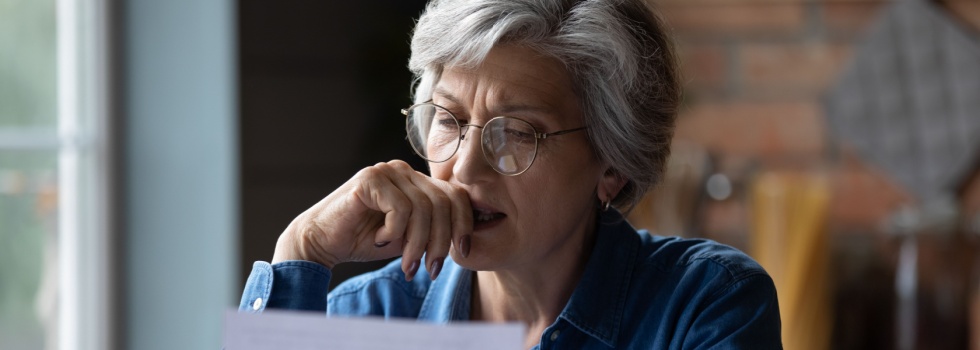
Every Budget has winners and losers; with some people faring better than others.
So, how did you fare? Read on as we reveal whether you are a winner or a loser after Philip Hammond’s second Budget of 2017.
Winners
First-time buyers
Those buying a home for the first time will now benefit from the abolishment of Stamp Duty on homes up to the value of £300,000. To ensure that this can help first-time buyers in high value areas, such as London, the first £300,000 will be exempt from Stamp Duty on homes above this value to a maximum of £500,000.
The Chancellor said that this would mean: “A Stamp Duty cut for 95% of all first-time buyers who pay Stamp Duty.”
Under 30s who travel by train
The 16-25 railcard will now be available to people aged up to 30. The so-called ‘Millennial Railcard’ will be available next year, and will offer savings of up to a third off non-peak fares.
Whilst the railcard won’t provide savings for regular commuters travelling in peak times, it will benefit people travelling at less busy periods.
People claiming Universal Credit
Measures will be put in place to support those claiming Universal Credit, such as the removal of the seven-day waiting period for benefit claims. This means that benefits will be paid on the day of the claim, giving families access to money for rent payments. Advances will also be able to be applied for online, and the repayment period for advances will increase from six to 12 months.
Any new claimant in the receipt of housing benefits will continue to receive them for two weeks, meaning that benefits aren’t lost in the crossover period.
People earning the National Living Wage
The National Living Wage will be increased by 4.4%, rising from £7.50 per hour to £7.83 per hour. This will take effect from April 2018.
Taxpayers
From April 2018, the tax-free Personal Allowance will be increased from £11,500 to £11,850.
The higher rate threshold will be increased from £45,000 to £46,350.
People saving into pensions
For once we had a Budget where no changes were announced to pension tax-relief or allowances.
Drinkers
The duty on ciders (except white cider), wines, spirits and beer will be frozen, meaning those buying alcoholic drinks will see no price increase next year.
Air passengers
From April 2019, short-haul Air Passenger Duty rates and long-haul Air Passenger Duty rates will be frozen. This will be paid for by an increase on Premium class tickets and private jets.
Drivers
The scheduled fuel duty rise for both petrol and diesel vehicles in April 2018 has been cancelled. This is expected to save a typical driver £160 per year.
Small businesses
The VAT threshold for small businesses has been maintained for the next two years at £85,000.
A planned business rate switch from RPI to CPI has been brought forward by two years, to April 2018. This is expected to reduce the burden of business rates by an extra £2.3 billion.
Pubs
A £1,000 business rate discount will be made available to pubs with a rateable value of less than £100,000 for one more year, to March 2019.
Homeless people in the West Midlands, Liverpool and Manchester
A £28 million pilot scheme will aim to tackle the problem of people sleeping rough in the West Midlands, Manchester and Liverpool.
House builders
Over the next five years, £44 billion in capital funding, loans and guarantees will be allocated to deliver 300,000 new homes per year. This includes £1.5 billion to help smaller firms build more houses.
GCSE computer science students
The number of trained computer science teachers will be tripled to 12,000, with the aim to place a fully qualified GCSE computer science teacher in every secondary school.
Anybody charging their electric car at work
A new £540 million charging infrastructure fund will support the growth of electric cars. This will provide more charging points, especially at places of business.
New tech businesses
£20 billion of new investment has been unlocked for UK-based businesses in the technology sector. This consists of a new fund of £2.5 billion that has been allocated for emerging UK businesses, designed to replace European investment funds post Brexit.

Losers
Economy
The Chancellor started his speech by revealing a series of forecasts showing growth in the economy is expected to be significantly lower than predicted earlier in the year.
Diesel car drivers/ businesses
Drivers of diesel cars, which do not meet the latest pollution standards, will see their Vehicle Excise Duty (VED) rise by one band in April 2018.
The existing diesel supplement in company car tax will rise by 1%, the proceeds from which will be used to create a new £220 million Clean Air Fund.
Premium and private air travellers
Increase in prices for premium and private air travel to compensate for a freeze on duties for short-haul air passengers and long-haul economy air passengers.
Employers
The National Living Wage for those aged 25 and over will rise by 4.4% to £7.83 per hour from April 2018.
Smokers
The duty on tobacco, hand-rolled tobacco and the minimum excise duty on cigarettes, which is due to be introduced in March, is set to rise by 2% above the Retail Price Index (RPI) inflation.
People selling their business
Freeze for indexation allowance on Capital Gains Tax. Companies will receive relief until January 2018.
Empty property owners / investors
Local authorities will be given the power to charge a 100% council tax premium on empty properties.
Here to help
If you have any questions about today’s Budget please call us on the usual number; we are here to help.





